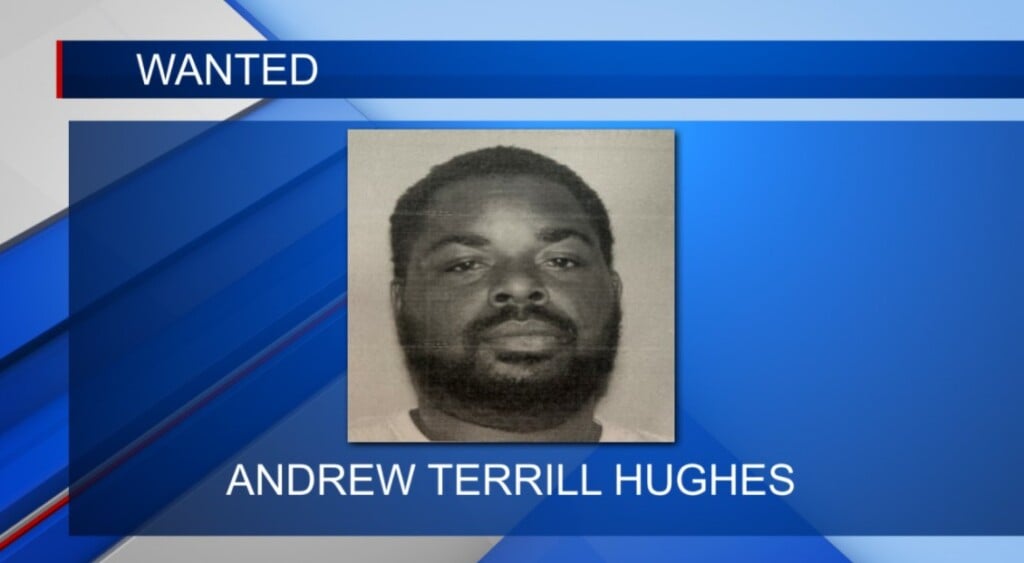Ousted HHS vaccine expert Rick Bright files whistleblower complaint
Dr. Rick Bright, the vaccine expert who said he was removed from his position at the Health and Human Services Department after he tried to limit COVID-19 treatments touted by President Trump, filed a whistleblower complaint Tuesday.
The complaint says he was removed as director of Biomedical Advance Research and Development Authority soon after the publication of an article about chloroquine for which Bright admits he was a source.
“Dr. Bright opposed the broad use of chloroquine and hydroxychloroquine as lacking scientific merit, even though the Administration promoted it as a panacea and demanded that New York and New Jersey be ‘flooded’ with these drugs, which were imported from factories in Pakistan and India that had not been inspected by the FDA,” the complaint reads.
“Dr. Bright felt an urgent and compelling need to inform the American public that there was insufficient scientific data to support the use of these drugs for COVID-19 patients — particularly given their importation from factories abroad that had not been inspected by the FDA.”
Government officials, he said, “refused to listen,” so Bright opted to talk to a journalist. According to the complaint, he believed that he had a moral obligation to do what he could to protect the public “from drugs which he believed constituted a substantial and specific danger to public health and safety.”
The documents provided to the journalist were “not privileged or classified,” according to the complaint.
Soon after the article about chloroquine was published, HHS Secretary Alex Azar and Bright’s supervisor, Dr. Robert Kadlec, assistant secretary for preparedness and response, removed him as BARDA director “because they suspected he was the source,” the complaint says.
Mr. Trump has referred to hydroxychloroquine as a potential “game-changer” in treating COVID-19 and has recommended the use of the antimalarial drug as a potential treatment, despite limited evidence of the drug’s efficacy.
In mid-April, the Trump administration granted chloroquine an Emergency Use Authorization, an FDA authority that allows unapproved medical products to be used in medical emergencies. HHS political leadership directed Bright to implement he directive.
The FDA on April 24 cautioned against the use of hydroxychloroquine or chloroquine “outside of the hospital setting or a clinical trial.” The agency said it is “aware of reports of serious heart rhythm problems in patients with COVID-19” when treated with the drugs, and that they have not been shown to be “safe and effective for treating or preventing COVID-19.”
Now at the National Institutes of Health in a role he considers to have less impact, Bright is hoping he can be reinstated as BARDA’s director and resume his work on COVID-19 “without further political pressure or distractions.”
The complaint from Bright details his efforts to warn top officials about the growing threat of the coronavirus. Bright said he and other public health officials first became aware of the threat in early January 2020, and of the need to obtain information from those infected.
The information was “absolutely critical” to developing diagnostic tools and medicines to combat the coronavirus, Bright says in his complaint, but he alleges he “encountered indifference which then developed into hostility from HHS leadership,” including Azar.
Bright also detailed his efforts to warn the administration of the urgent need to secure N95 masks. On January 21, Bright said he received an email from Mike Bowen, the co-owner of the U.S.-based surgical mask producer Prestige Ameritech, offering to help the government procure masks. He shared the email with others at the agency, including Kadlec. “HHS failed to act yet again to address this impending emergency,” Bright’s complaint states.
While Bright said warnings about shortages of N95 masks went unanswered by leaders at Health and Human Services, Peter Navarro, Mr. Trump’s trade adviser, met with Bright at the White House on February 8.
“Dr. Bright urged Mr. Navarro to take immediate action to increase the mask supply, amass Remdesivir, and fund and initiate a ‘Manhattan Project’ for vaccine development,” the complaint states, adding that Navarro was “prepared to take prompt action.” A subsequent memo prepared by Navarro and sent to the White House coronavirus task force echoed Bright’s recommendations.
Remdesivir, an antiviral drug, last week received authorization from the Food and Drug Administration for emergency use in treating the coronavirus after a major U.S. study found it shortened the recovery time for some coronavirus patients.
In addition to urging the Trump administration to ramp up its supply of masks, Bright says he also pushed leadership at the Department of Health and Human Services to expand the supply of coronavirus testing materials including swabs, viral transport medium and chemical reagents.
Bright’s complaint details several clashes he had with Kadlec, who is in charge of the Strategic National Stockpile.
While BARDA maintains a multi-level review process for contracts awarded for the development of drugs, Bright alleged that from the spring of 2017 until his removal, he was pressured by HHS leadership “to ignore expert recommendations and instead to award lucrative contracts based on political connections and cronyism.”
The complaint states that Bright clashed repeatedly with Kadlec and others at the health agency over the role John Clerici, an industry consultant to pharmaceutical companies, played in awarding government contracts.
Clerici allegedly pushed Bright to extend a contract with one of his clients, Aeolus Pharmaceuticals, and said the head of the pharmaceutical company was a friend of Jared Kushner’s. The contract with Aeolus did expire.
In another instance, Bright objected to an order from Kadlec to transfer $40 million from BARDA to the Strategic National Stockpile to purchase the generic drug Oseltamivir, though experts deemed it an inferior choice for the stockpile compared to a competing drug with FDA approval.
Over the objections of Bright and others, BARDA used the money to award a contract to buy Oseltamivir from the pharmaceutical company Alvogen, which was a client of Clerici.
Adam Verdugo contributed to this report.





Leave a Reply